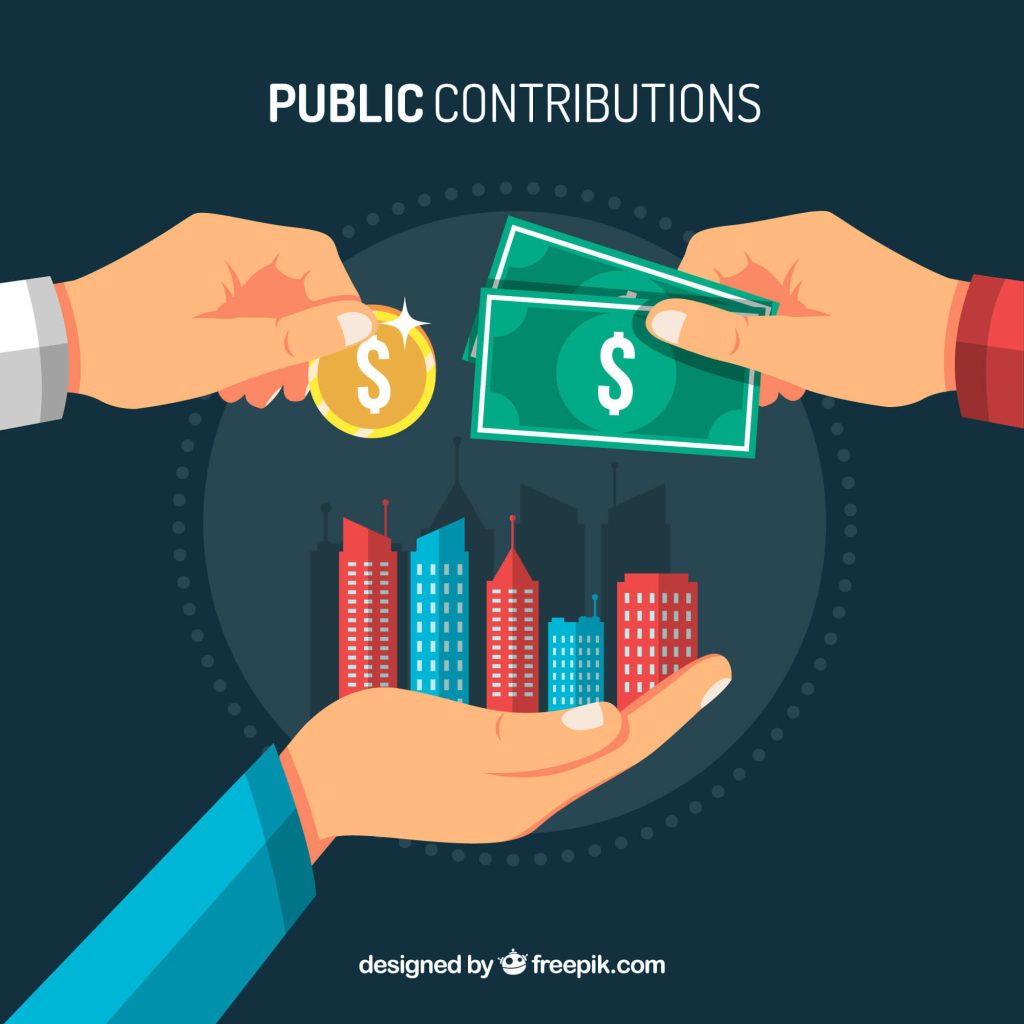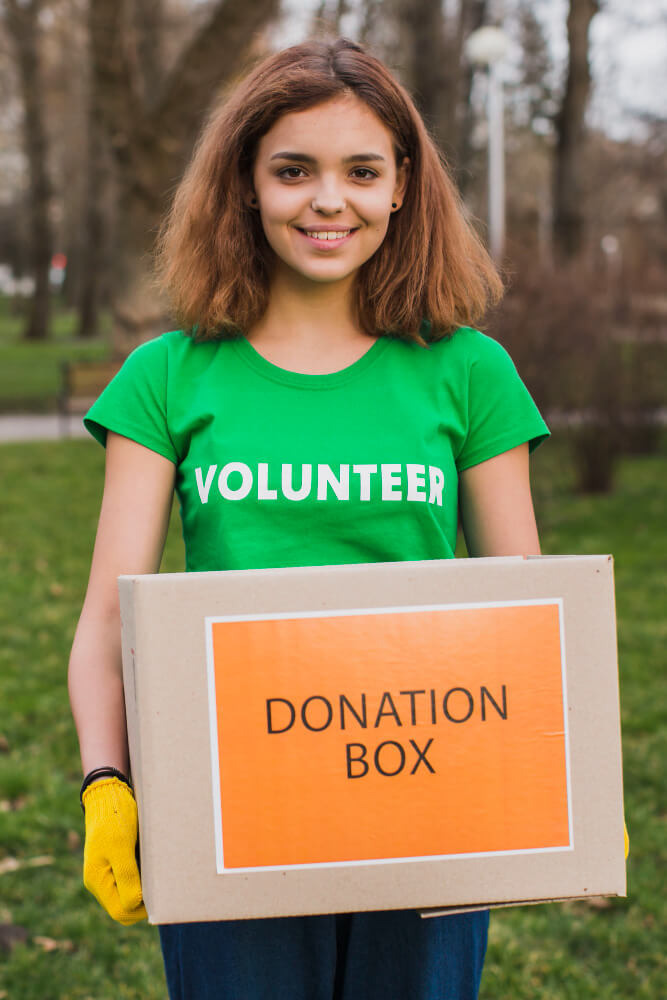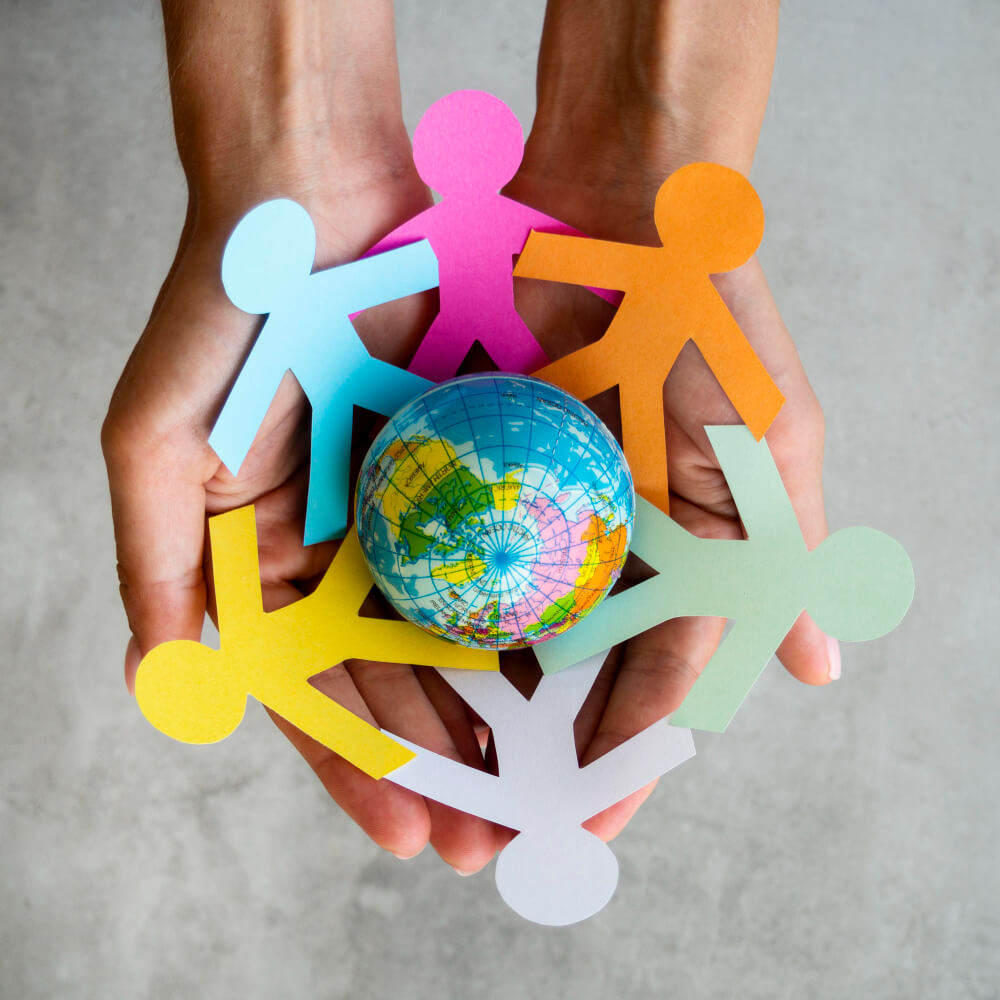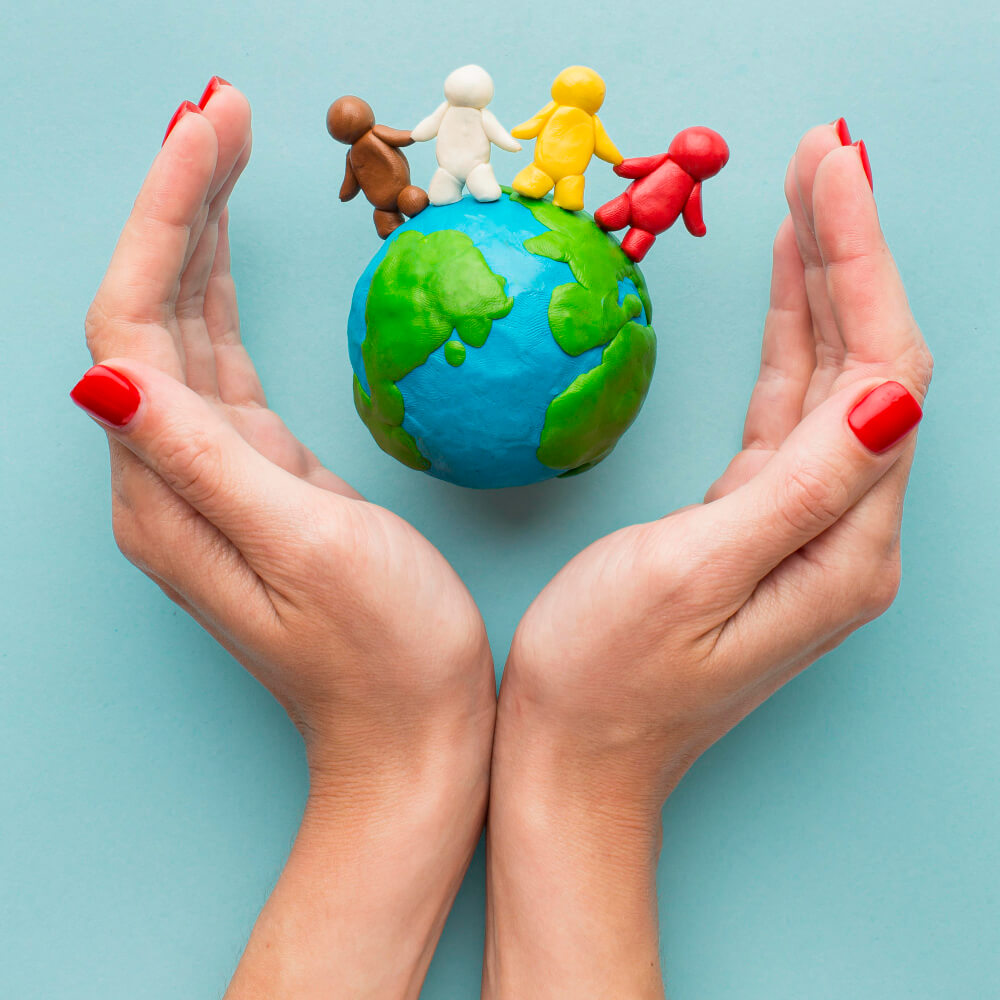What is NHRJC?
NHRJC is a group that works to protect, promote, and defend the basic rights and freedoms that belong to every person.
NHRJC fight against injustice, discrimination, violence, and abuse. This help people who have been treated unfairly, raise awareness about important issues, and sometimes even influence laws and government policies to make societies more just and equal.
What are the human rights in India?.
In India, human rights are the basic freedoms and protections guaranteed to all individuals. They are mainly drawn from:
The Constitution of India (especially the Fundamental Rights under Part III), various laws and policies, and India’s commitments to international human rights treaties (like the Universal Declaration of Human Rights).
Here’s a simple overview of key human rights in India:
1. Right to Equality
- Equal treatment before the law (Article 14)
- Prohibition of discrimination (Article 15)
- Equal opportunity in public employment (Article 16)
2. Right to Freedom
- Freedom of speech and expression (Article 19)
- Freedom of assembly, association, movement, residence, and profession
3. Right Against Exploitation
- Prohibition of human trafficking (Article 23)
- Prohibition of child labor (Article 24)
4. Right to Freedom of Religion
- Freedom of conscience and religion (Articles 25–28)
5. Cultural and Educational Rights
- Protection of the culture of minorities (Article 29)
- Right of minorities to establish educational institutions (Article 30)
6. Right to Constitutional Remedies
- Right to move the Supreme Court or High Courts to enforce Fundamental Rights (Article 32, 226)
7. Other Important Rights (though not Fundamental Rights)
- Right to Education (for children 6–14 years, Article 21A)
- Right to Life and Personal Liberty (Article 21 — very broad, includes right to privacy, right to livelihood, etc.)
8. Rights under laws and acts
- Protection from atrocities against Scheduled Castes and Tribes (SC/ST Act)
- Right to Information (RTI Act)
- Rights of women, children, disabled persons, and senior citizens under various special laws
9. Rights from international commitments
- India is part of treaties like CEDAW (on women’s rights), CRC (children’s rights), and ICCPR (civil and political rights).
In short:
Human rights in India are a mix of constitutional guarantees, laws, and international obligations. They aim to ensure dignity, freedom, and equality for all.
Why should we join NHRJC?
Joining NATIONAL HUMAN RIGHTS JUSTICE COMMISSION is deeply meaningful for several reasons:
Making a Real Impact
You directly contribute to protecting and promoting the rights and dignity of people, especially those who are vulnerable or oppressed.
Raising Awareness
You help bring attention to important social, political, and humanitarian issues that many people may overlook.
Personal Growth
Working with diverse groups on critical issues helps you develop empathy, leadership, communication, and advocacy skills.
Building a Network
You meet passionate, like-minded individuals — activists, lawyers, journalists, policymakers — which can open up future career or collaboration opportunities.
Fulfilling a Sense of Duty
Many feel a strong moral responsibility to stand against injustice, discrimination, and violence. Joining a human rights organization is one way to act on those values.
Influencing Policy and Change
Organizations often lobby governments and international bodies. Being part of that gives you a voice in shaping laws and systems.
Hope and Positivity
In a world full of negativity, working for human rights can give you a sense of hope — that change is possible, and you are part of it.
What are the advantages to join with NHRJC
Here are some clear advantages of joining NATIONAL HUMAN RIGHTS JUSTICE COMMISSION:
Skill Development
You gain important skills like advocacy, public speaking, research, leadership, and negotiation.
Career Opportunities
It strengthens your resume and can open doors in fields like law, social work, international relations, journalism, and public policy.
Global Exposure
You may get chances to work on international projects, attend global conferences, or collaborate with international bodies like the UN.
Personal Satisfaction
Fighting for justice and equality gives a deep sense of purpose and personal fulfillment.
Networking
You build strong professional and personal relationships with passionate people around the world.
Influencing Society
You have a platform to advocate for change, influence public opinion, and even help create new laws or policies.
Learning Opportunities
You stay updated on important social, political, and economic issues at local, national, and global levels.
Empowering Others
You get the chance to support and uplift marginalized communities, making a real difference in their lives.
Why membership charge?
National Human Rights Justice Commission (NHRJC) charge a fee for joining because:
1. Funding Their Work: This is nonprofits organization and depends on membership fees to fund their activities — like campaigns, legal aid, research, education programs, or supporting victims.
2. Maintaining Independence: By collecting membership fees, we are rely less on government grants or corporate donations, which helps us stay independent and unbiased.
3. Organizing Events and Training: Fees help cover the cost of workshops, protests, meetings, training sessions, and conferences.
4. Administrative Costs: Running an organization — staff salaries, offices, websites, legal work — requires basic operational money.
5. Member Benefits: NHRJC offer special services to members, like legal advice, publications, workshops, certificates, and networking.


How one can help society after joining NHRJC?
After joining NHRJC, you can help society in many powerful ways:
1. Advocacy and Awareness: You can educate people about their rights, raise awareness about injustices, and organize campaigns to bring important issues into the public eye.
2. Providing Support: You can help victims of discrimination, violence, or injustice by offering them legal aid, counseling, or connecting them to resources.
3. Policy Change: By working on petitions, lobbying, or engaging with governments, you can help push for new laws or reforms that protect human rights.
4. Community Empowerment: You can organize workshops and training to teach communities about their rights and how to defend them.
5. Research and Reporting: By documenting human rights abuses and publishing reports, you can put pressure on authorities and raise international concern.
6. Volunteering: You can participate in rescue operations, relief work, refugee support, women’s empowerment projects, or education drives.
7. Building a Culture of Peace: By promoting tolerance, justice, and equality through your work, you help create a more peaceful and fair society.
In short: you become a voice for the voiceless and a protector for the vulnerable.
How and what to do after joining NHRJC?
After joining NHRJC, here’s how you can help society and what you can do:
How to help:
- Get actively involved: Attend meetings, join campaigns, and volunteer for activities.
- Use your skills: Whether you are good at writing, speaking, organizing, designing, or counseling — there’s a place for every skill.
- Stay informed: Keep learning about human rights issues locally and globally.
- Work as a team: Collaboration with other members multiplies your impact.
- Stay committed: Social change takes time; patience and consistency are key.
In short: Use your voice, your time, and your skills to fight injustice, support people in need, and spread awareness.
What you can do:
- Raise Awareness: Organize seminars, social media campaigns, street plays, or awareness drives about human rights issues.
- Support Victims: Help provide legal aid, emotional support, or basic resources to people who have faced injustice.
- Report Violations: Document cases of abuse or rights violations and report them to the organization or relevant authorities.
- Advocate for Change: Join efforts to push for better laws, policies, and protections for marginalized groups.
- Educate the Public: Conduct workshops in schools, colleges, or communities to teach people about their rights.
- Fundraising: Help raise funds for victims’ support, campaigns, or relief work.
- Volunteer on Field Projects: Assist in refugee camps, shelters, rural empowerment programs, or crisis areas.
- Write and Speak: Write articles, blogs, or create videos and podcasts about human rights to spread knowledge.
What and how NHRJC works?
What National Human Rights Justice Commission do?:
1. Protect Rights: NHRJC works to protect people’s basic rights — like freedom, equality, justice, safety, and dignity.
2. Fight Injustice: NHRJC expose and oppose discrimination, violence, torture, unfair trials, child labor, human trafficking, etc.
3. Support Victims: NHRJC help victims of rights violations through legal aid, counseling, shelter, or financial help.
4. Create Awareness: NHRJC educate the public about human rights through campaigns, seminars, publications, and media.
5. Influence Laws and Policies: NHRJC lobby governments, take part in legal cases, and campaign for better laws to protect people’s rights.
6. Monitor and Report: NHRJC observe the situation (like elections, conflicts, police actions) and publish reports to inform the public and global bodies.


How NHRJC works?
1. Research and Investigation: NHRJC investigate human rights abuses — collecting evidence, interviewing witnesses, visiting conflict zones, etc.
2. Advocacy and Campaigning: NHRJC speak out through protests, media, social platforms, letters to leaders, petitions, and public campaigns.
3. Providing Services: NHRJC offer free legal support, health services, education, training, or safe spaces to victims.
4. Networking and Partnerships: NHRJC work with governments, the UN, NGOs, legal bodies, and local communities to make change happen.
5. Empowering Communities: NHRJC train people (especially vulnerable groups) to know and defend their own rights.
6. Emergency Response: In crisis (war, disasters), NHRJC send teams for rescue, relief, and to document violations.
Human rights belong to each and every one of us equally.
Convention on the Rights of the Child.
Human rights are standards that recognize and protect the dignity of all human beings. Human rights govern how individual human beings live in society and with each other, as well as their relationship with the State and the obligations that the State have towards them.
Human rights law obliges governments to do some things, and prevents them from doing others. Individuals also have responsibilities: in using their human rights, they must respect the rights of others. No government, group or individual person has the right to do anything that violates another’s rights.
Universality and inalienability
Human rights are universal and inalienable. All people everywhere in the world are entitled to them. No one can voluntarily give them up. Nor can others take them away from him or her.
Indivisibility
Human rights are indivisible. Whether civil, political, economic, social or cultural in nature, they are all inherent to the dignity of every human person. Consequently, they all have equal status as rights. There is no such thing as a ‘small’ right. There is no hierarchy of human rights.
Inter-dependence and inter-relatedness
The realization of one right often depends, wholly or in part, upon the realization of others. For instance, the realization of the right to health may depend on the realization of the right to education or of the right to information.
Equality and non-discrimination
All individuals are equal as human beings and by virtue of the inherent dignity of each human person. All human beings are entitled to their human rights without discrimination of any kind, such as race, color, sex, ethnicity, age, language, religion, political or other opinion, national or social origin, disability, property, birth or other status as explained by the human rights treaty bodies.
Participation and inclusion
Every person and all peoples are entitled to active, free and meaningful participation in, contribution to, and enjoyment of civil, political, economic, social and cultural development, through which human rights and fundamental freedoms can be realized.
Accountability and rule of law
States and other duty-bearers must comply with the legal norms and standards enshrined in human rights instruments. Where they fail to do so, aggrieved rights-holders are entitled to institute proceedings for appropriate redress before a competent court or other adjudicator, in accordance with the rules and procedures provided by law.
